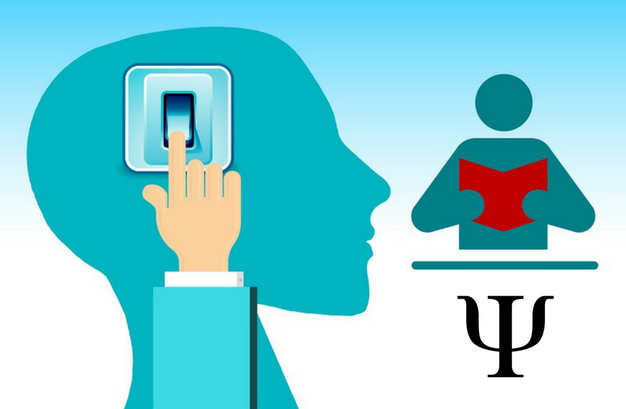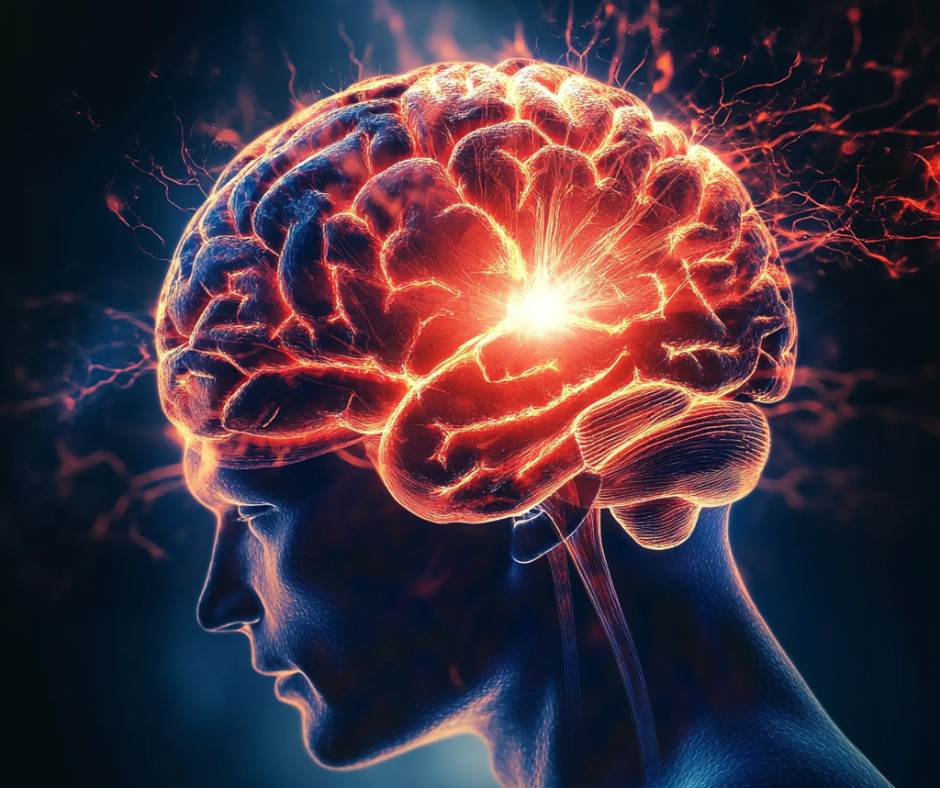Understanding High Functioning Anxiety
Symptoms and Treatment Options
High Functioning Anxiety: Navigating the Hidden Struggle
Anxiety can be a silent tormentor, sneaking up on individuals who appear to be coping well in their daily lives. This condition is known as high functioning anxiety, and it is often misdiagnosed as individuals may feel they have the situation under control, only to suffer in silence. However, recognizing the signs and symptoms of high functioning anxiety, as well as being equipped with an understanding of available treatment options, is crucial for effective management of the condition.
Symptoms of High Functioning Anxiety: A Telltale Masquerade
While the symptoms of high functioning anxiety may differ from person to person, some common red flags include:
- A persistent sense of worry or stress, even over trivial matters
- Sleep disturbances, including difficulty falling asleep or staying asleep
- Physical manifestations such as headaches, stomach pains, and tension in muscles
- Restlessness and an overall feeling of unease
- Struggles with focus and completing tasks
- An unhealthy preoccupation with perfection and a fear of making mistakes
- Avoidance of social activities and gatherings due to anxiety
It's important to note that not all individuals with high functioning anxiety will experience every symptom, and the frequency and severity of symptoms may vary.
Causes of High Functioning Anxiety: Unpacking the Mystery
The origins of high functioning anxiety are complex and often a result of a mixture of genetic, environmental, and psychological factors. Some of the common triggers of this condition include:
- Traumatic or stressful events
- A family history of anxiety or mental health issues
- Prolonged stress and high-pressure situations
- An unrealistic quest for perfection
- Substance abuse or excessive alcohol consumption
Treatment Options for High Functioning Anxiety: A Path to Healing
If you or someone you know is grappling with the symptoms of high functioning anxiety, reaching out to a mental health professional is essential. There is a wide range of effective treatment options available, including:
- Cognitive-behavioral therapy (CBT), which focuses on transforming negative thought patterns and behaviors related to anxiety
- Mindfulness-based therapies that encourage an unwavering focus on the present moment and letting go of worries and anxieties
- Medication, such as anti-anxiety medication and antidepressants, prescribed to manage symptoms of high functioning anxiety
- Lifestyle changes, including dietary adjustments, regular exercise, and stress management techniques
It's essential to find a treatment approach that works best for you, and to remain patient and persistent in seeking help. With the right support and tools, it's possible to overcome high functioning anxiety and lead a fulfilling and productive life.
Living With High Functioning Anxiety
Jordan Raskopoulos, a comedian and performer, is fearless on stage but experiences anxiety away from the spotlight. In this entertaining and thought-provoking talk, she delves into her experiences with high-functioning anxiety and the conflicting perception of being both introverted and extroverted. This talk will resonate with many and provide coping strategies for those struggling with anxiety.
Conclusion: A Final Word
Dealing with high functioning anxiety can be a difficult journey, but it is important to remember that it is treatable. By being knowledgeable about the symptoms and causes, as well as the available treatment options, individuals can take the necessary steps to manage their anxiety and enhance their overall well-being. If you or someone you know is struggling with high functioning anxiety, seek the support and guidance of a mental health professional.
The information provided in this high functioning anxiety article is for general informational purposes only and is not intended to be a substitute for professional medical advice, diagnosis, or treatment. If you have any concerns or questions about your health, you should always consult with a healthcare professional.
Hope you found reading Understanding High Functioning Anxiety Symptoms and Treatment Options, useful. Want to read more great articles?

See following link to check out a fascinating collection of psychology articles by leading academics and researchers.
This Psychology Symbol - Vintage Retro Striped Sunset T-Shirt is available from Amazon (prime eligible) in a range of colors for women and men. Sales help support this website, which has been providing free and comprehensive information and resources for psychology students and educators since 2008.
Recent Articles
-
The Hedonistic Treadmill: Understanding Its Role in Human Well-Being
Jan 13, 25 07:55 AM
Discover the psychology behind the hedonistic treadmill: why happiness fades after success and how strategies like mindfulness and gratitude can sustain well-being. -
Psychology of Brain Injuries: Coping with Traumatic Brain Injuries
Jan 10, 25 07:51 AM
Insightful article on the psychology of coping with traumatic brain injuries -
Occupational Therapy Autism: A Lifeline For Development And Growth
Jan 08, 25 04:45 AM
Comprehensive overview of how occupational therapy supports autistic individuals.
Know someone who would be interested in reading Understanding High Functioning Anxiety Symptoms and Treatment Options?
Share This Page With Them.
Go From Understanding High Functioning Anxiety Symptoms and Treatment Options Back To The Home Page




